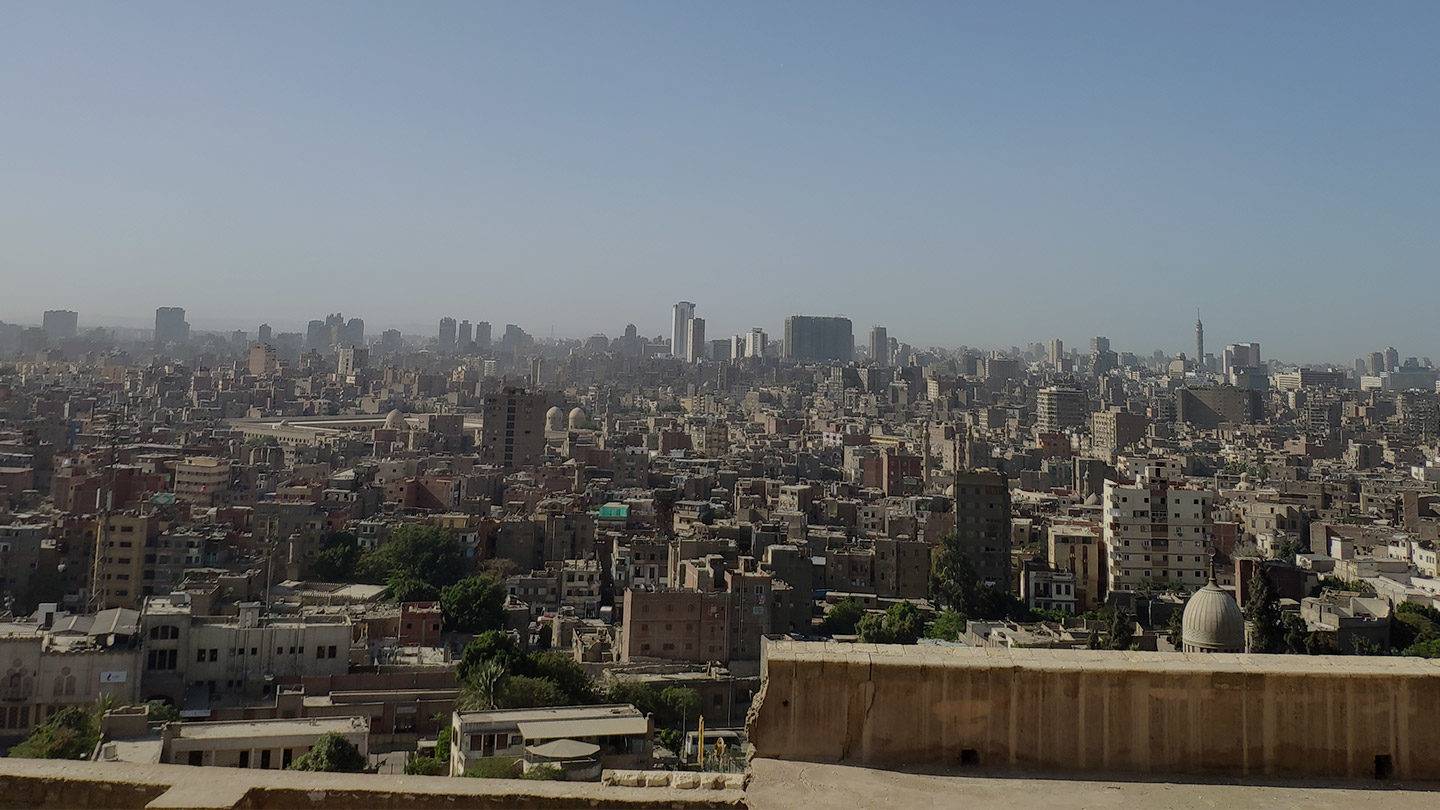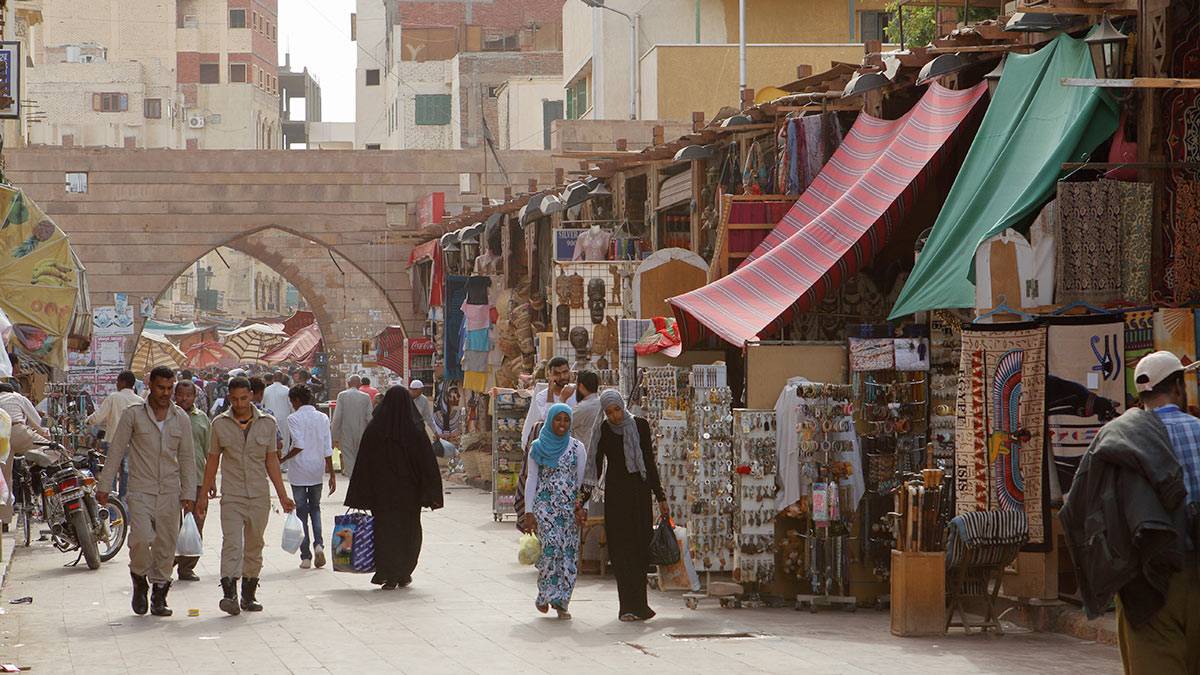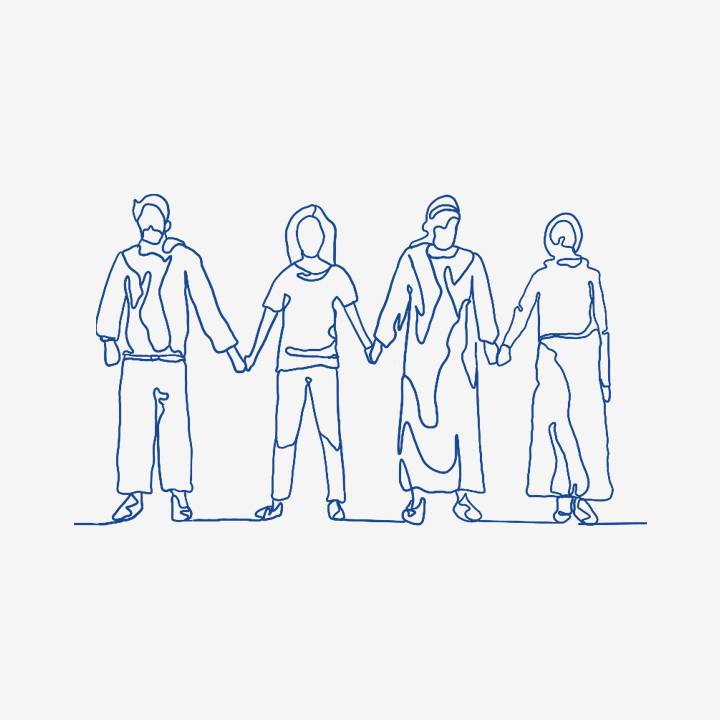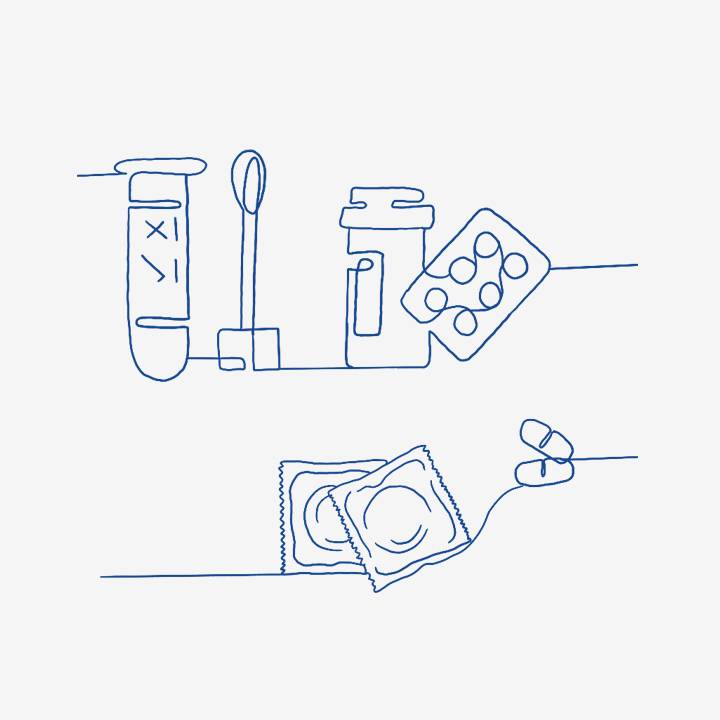
Egypt

Egypt has lived through major political shifts that have impacted the country’s economy and the living conditions of its inhabitants, particularly in terms of access to health services. Although the quality of services in public hospitals has deteriorated, the country has made tangible progress in terms of access to basic social services and health care. In January 2014, the Egyptian Constitution explicitly placed health at the top of the national agenda, underlining the importance of the right to health and of access to quality health services by doubling spending from 1.5% of gross domestic product to 3% to provide a valuable opportunity to improve health systems and work towards achieving Universal Health Coverage. Within this framework, the Egyptian government has launched the Takaful and Karama (Solidarity and Dignity) program, which provides financial support for education and access to health care for children from the poorest families.
Despite these efforts, attempts to improve the national health care system have been hit by the global health crisis related to COVID-19, which has placed a heavy burden on health facilities and health care workers, affecting the well-being of users, especially the most vulnerable populations. The consequences for the fight against HIV/AIDS and STIs (especially hepatitis C) are feared in a country weakened by the crisis.

Youth and key populations are the first to be affected
According to UNAIDS*, in 2021, 30,000 people were living with HIV in Egypt, foremost among them injection drug users (IDU) and men who have sex with men (MSM). Among MSM, prevalence is as high as 6.7%. The rates of prevalence observed among IDUs and SW are 2.5% and 2.8% respectively. Young people make up around 60% of the population – the average age of the population is under 25 years – are particularly susceptible to the risk of infection.
* Source : UNAIDS 2021 statistics

Egypt’s way forward to Prevention and treatment services
In an attempt to alleviate the challenges facing vulnerable populations related to services accessibility and working towards achieving the global strategic objective to eliminate HIV/AIDS by 2030, several actions were put in place to ensure the continuity and sustainability of health services before and post covid-19 pandemic.
In the frame of the national response, the MoHP expanded the scope of care and treatment services through the opening of 13 new HIV/AIDS treatment centres working towards achieving the “Treatment for all strategy”. Virology clinics are established in Mental Health hospitals providing testing and treatment services responding to the high rates of infection among injecting drug users. Besides delivering trainings to healthcare providers to raise their knowledge about HIV/AIDS and the best practices to fight stigma and discrimination within health care facilities.
The abovementioned actions are stemming from negative experiences collected over the past years from KPs and PLHIV such as stigma in health care settings and denial major surgical interventions because of their HIV status. But this is not enough. A study conducted in 2014* among young people aged 15 to 24 showed that only 5.23% have Knowledge about HIV prevention, community actors need to start using innovative tools to raise the community awareness and to include youth as a main focus target group in future programmatic interventions.
* Source : Population Council, Panel survey of young people in Egypt (SYPE), 2014
Key Figures
UNAIDS 2021 – EGYPT
new HIV infections in 2021
of PLHIV who are aware of their status receive antiretroviral treatment
rate of prevalence of HIV among sex workers

HIV/AIDS, a social taboo
The Egyptian constitution stipulates that every citizen has the right in health according to the quality standards. Refusal to treat or provide the necessary service to any individual is considered a crime.
The GoE commits to policies to reduce stigma and discrimination. An anti-stigma policy was framed in 2016 to provide quality comprehensive services to PLHIV and key population. However, it is not well disseminated in a national wide level with lack of awareness about it among vulnerable populations and the majority of key informants.
Despite the existence of laws and regulations, HIV/AIDS is considered a stigmatized disease given the nature of the conservative community where myths are widely spread among different social classes about modes of transmission or even worse, knowledge doesn’t exist. Stigma and discrimination are a real challenge and PLHIV are facing moral accusations because of their risky behaviors that are socially unaccepted on different levels: General population, relatives, family, friends and at health care settings which remains the most important barrier for HIV prevention and control efforts with urgent need to innovative extraordinary approaches to raise awareness.

Civil society lacking funds
Civil society organizations in Egypt are facing challenges related to allocating funds especially international funding which has become increasingly difficult specially funds related to the HIV/AIDS prevention activities. Securing sustainable funds is a fundamental component to sustain HIV/AIDS related services including and not limited to Counselling, Psychosocial support and prevention to key and vulnerable populations.
Thus, the ability of KPs and PLHIV to access these services might be affected depending on funds availability. Since 2016, almost all the NGO-run harm reduction programmes had to close due to a lack of resources. However, lately HIV/AIDS services are provided in a sustainable way through the National AIDS Program where the Egyptian Health Authorities started to provide assistance to CSOs in terms of Voluntary counselling and Testing cycle including the provision of free rapid tests, harm reduction tools, free Antiretroviral treatment for those tested positive among KPs. Additionally, building capacities of CSOs services providers became a continuous routine to ensure a quality service conforming to the WHO recommendations and advanced quality standards.


